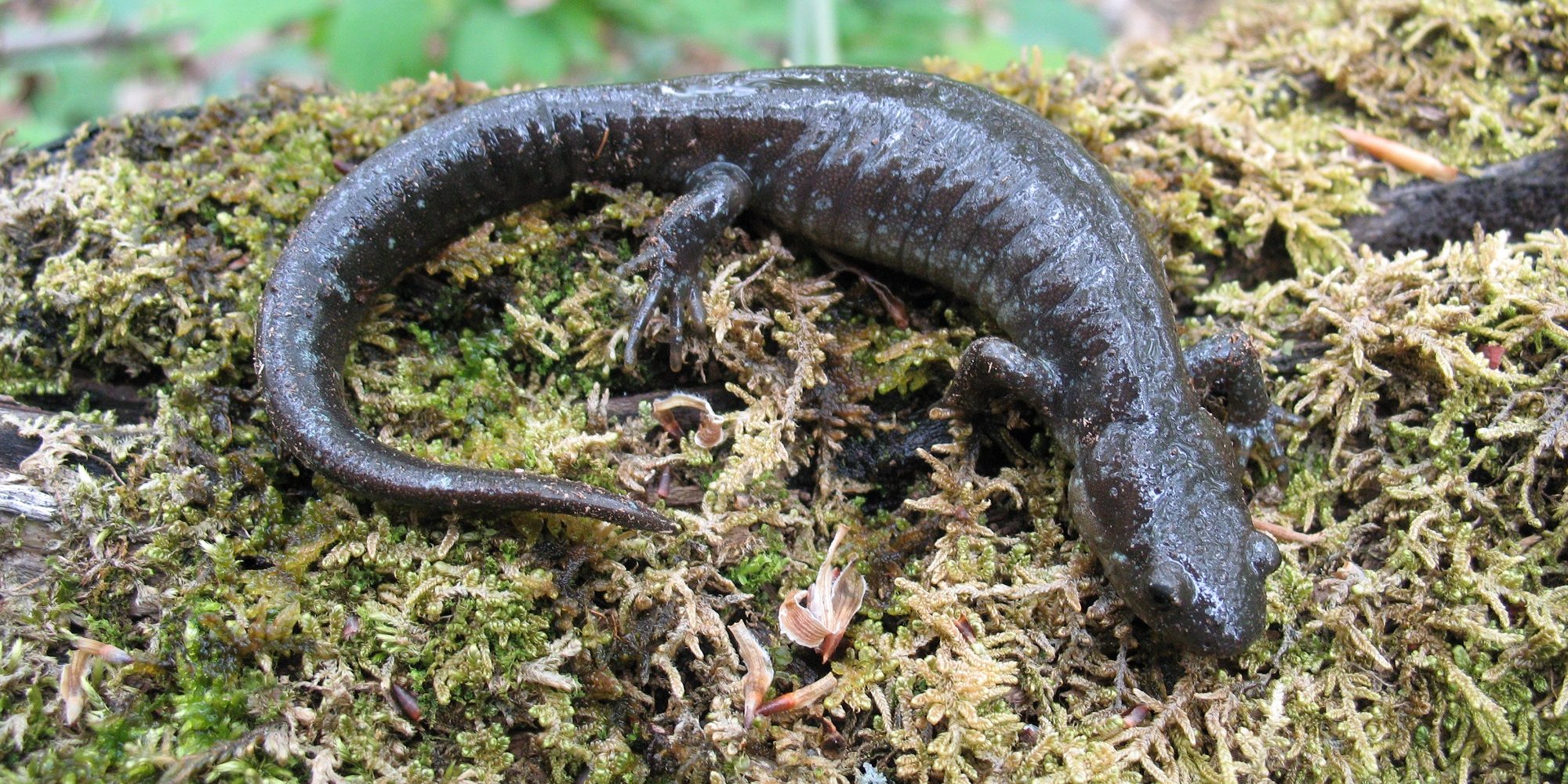King Rd. closed in Burlington for safety of endangered Jefferson salamander
Published March 9, 2022 at 10:13 am

A portion of King Rd. in Burlington has been closed until mid-April to allow safe passage for the endangered Jefferson salamander during breeding season.
Conservation Halton, in partnership with the City of Burlington, has closed a section of King from the base of the Niagara Escarpment to Mountain Brow Rd. to ensure safe passage for the salamanders as they emerge from hibernation and migrate to breeding pools.
“The decade-long partnership between Conservation Halton and the City of Burlington has resulted in the preservation of the Jefferson salamander population,” said Hasaan Basit, president and CEO of Conservation Halton.
“We are pleased to share that, since the first King Road closure in 2012, we have observed no Jefferson salamander road mortality in that area during the migration period.”
The Jefferson salamander was designated as an endangered species in Ontario in 2011. In Canada, they can only be found in southern Ontario, mostly along the Niagara Escarpment.
Each year, Conservation Halton works with the City of Burlington on the timing of the closure to coincide with the emergence of the salamanders, based on temperature and other weather conditions, usually around mid-March until early April.
“Over the many years of conservation efforts, the Jefferson salamander, ‘Jeffy,’ has become a beloved part of our community, and in a way, an unofficial mascot for our city,” said Burlington Mayor Marianne Meed Ward.
“We’re happy our annual efforts have helped to safeguard the salamanders’ travels during breeding migration. We’re not only helping to protect an endangered species, but also doing our part locally to ensure future generations flourish.”
Jefferson salamanders spend most of their lives underground in deciduous forests and begin to emerge as the weather warms up and the spring rain begins. Adult salamanders migrate during wet, rainy nights to their breeding ponds where they will lay their eggs.
This species prefers to breed in the same pond where they hatched, and can be very determined to reach it, sometimes crossing King Road to do so. By late summer, the eggs will have hatched and the young salamanders will lose their gills and leave the pond to head into the surrounding forest.
This year, King Rd. is already closed at the top of the Niagara Escarpment for construction in the area. The barrier at the bottom of the Niagara Escarpment will remain in place for the duration of the salamander migration, until April 15.
Learn more at the Conservation Halton website.
insauga's Editorial Standards and Policies advertising





